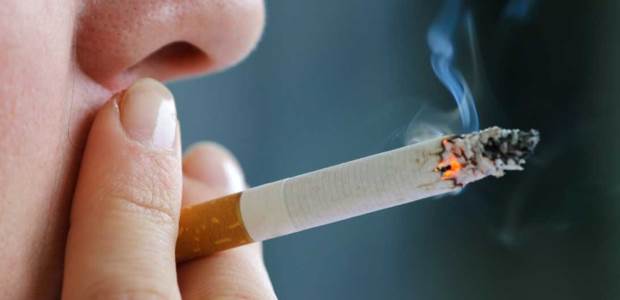
Smoking's Cost Dwarfs Tobacco Tax Revenue, Study Shows
If all countries raised excise taxes by about 80 cents per pack, annual revenues from cigarettes globally could increase by $140 billion and lead to a 9 percent decline in smoking rates, WHO and the U.S. National Cancer Institute said.
A report from the World Health Organization and the U.S. National Cancer Institute recommends boosting efforts and policies to control tobacco use, saying those measures can greatly reduce smoking and protect people's health. The 700-page report indicates if left unchecked, the tobacco industry and its products will cost the world's economies more than $1 trillion annually in health expenditures and lost productivity, with around 6 million people dying annually as a result of tobacco use. Most of them live in developing countries.
Globally, there are 1.1 billion tobacco smokers age 15 or older, with around 80 percent living in low- and middle-income countries. Approximately 226 million smokers live in poverty.
The $1 trillion cost dwarfs the government revenues from tobacco excise taxes, which totaled nearly $269 billion in 2013-2014 -- less than $1 billion of which was invested in tobacco control, the agencies reported.
The report examines the economics of tobacco control, including tobacco use and growing, manufacturing and trade, taxes and prices, and control policies and other interventions to reduce tobacco use and its consequences; and economic implications of global tobacco control efforts. "The economic impact of tobacco on countries, and the general public, is huge, as this new report shows," said Dr. Oleg Chestnov, WHO's assistant director-general for Noncommunicable Diseases and mental health. "The tobacco industry produces and markets products that kill millions of people prematurely, rob households of finances that could have been used for food and education, and impose immense health care costs on families, communities, and countries."
If all countries raised excise taxes by about 80 cents per pack, annual revenues from cigarettes globally could increase by $140 billion and lead to a 9 percent decline in smoking rates, they said. "The research summarized in this monograph confirms that evidence-based tobacco control interventions make sense from an economic as well as a public health standpoint," said a co-editor, Distinguished Professor Frank Chaloupka of the Department of Economics at the University of Illinois at Chicago.
Dr. Douglas Bettcher, WHO's director for the prevention of noncommunicable diseases, said the report gives governments a powerful tool to combat tobacco industry claims that controls on tobacco products adversely impact economies. "This report shows how lives can be saved and economies can prosper when governments implement cost-effective, proven measures like significantly increasing taxes and prices on tobacco products and banning tobacco marketing and smoking in public," he said.